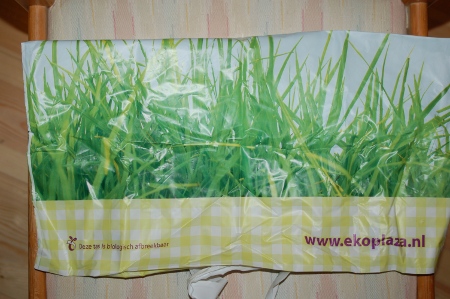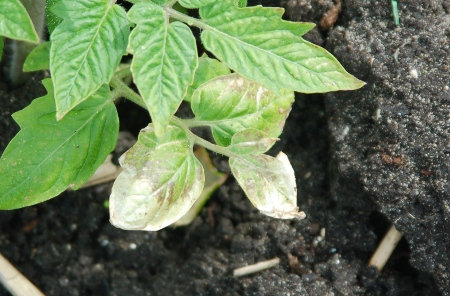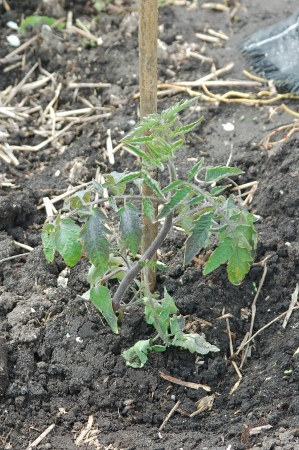I’m really disgusted at recent news the Dutch government is planning to raise the drinking age from 16 to 18. This is an issue that’s been coming and going ever since the public smoking ban came into effect a little over a year ago.
The idea of raising the drinking age is a very unpopular one. Tolerance to drugs like alcohol and marijuana is widely seen as the reason we have escaped many of the social problems of places like the US, with less tolerance towards recreational drug use and much more of a hard drug problem.
Quite simply the tobacco companies want their product the only legally available drug for young people. I can imagine soon the smoking age will also go up to 18, but then it will be because they want young people to have had an interest in using legal drugs for a period before they are allowed to drink and smoke, to make smoking more appealing.
Having a drinking age, and a smoking age equal or less, it simply allows young people to compare the relative safety of these products.
Caretaker Government
Our government coalition recently collapsed, and we now have a caretaker government preparing for elections. In theory this means no ‘controversial’ issues will be considered until after the election, but an increase in drinking age looks set to go through now anyway.
Why is this? For some time now the right wing parties have all been bought off by the tobacco lobby. Not to be left out in the days leading up to the election, the left wing parties have also fallen prey. Now big tobacco has a clear majority in parliament, and feels this is the best time to push it through.
It’s also the summer holidays, and so not many people are paying attention to politics. This is colloquially known here as cucumber time, when the news is so slow there’s nothing to do but watch the cucumbers grow.
Criminalized
One of the things passed through the government the last year or two is criminalizing the possession of alcohol by someone under-age. This is a very controversial thing here, as it technically subjects a 15 year old (or younger) to the criminal justice system. It means the possibility of getting a criminal record, as well as being punished as a criminal.
Many people here feel no activity by someone of that age should be criminalized, under any circumstances, not the very least having a beer in their hand.
Young People’s Brains are Still Developing
Yes, I’ve heard this one too. Alcohol damages young people’s brains.
We’ve now had decades of a higher drinking age in the US and a lower one in Europe. Does anyone really believe the brains of Europeans are underdeveloped because of drinking as a youth? What we’ve seen are developing social problems in the US, increasing hard drug and prescription drug abuse, and a civil war in Mexico. Could these be related to the higher drinking age?
In any case, anyone seriously concerned about the health of young people would be putting more effort into making smoking less attractive to them. There’s still lots of work to be done on this. How about forbidding the display of cigarette packages, banning vending machines and prohibiting sale in supermarkets, bars, snack bars, post offices and other high traffic public places? Limiting the hours they can legally be sold?
How about making our public smoking ban a little more credible?
Young People are Drinking More, and Becoming Hospitalized More for Alcohol Poisoning
This is in the news here a lot. No one is quite sure where are these drunk young people are, as they aren’t visible on the streets or anything.
The argument used to be that with a good economy young people had more money to spend, and so were more likely to spend it on alcohol. Now that the economy has gone down, young people have much less money. Many young people can’t afford their first house, or to buy a car. Now this argument has changed into young people are getting hospitalized more with alcohol poisoning.
Just what does this mean and what does it prove? Does it mean they are changing the way they are keeping statistics for this kind of thing? Does this mean adults are quicker to take drunk kids to the doctor?
This sort of claim is not in any way credible, and it’s only an emotional statement.
People are getting tired of being manipulated with arguments like this!








